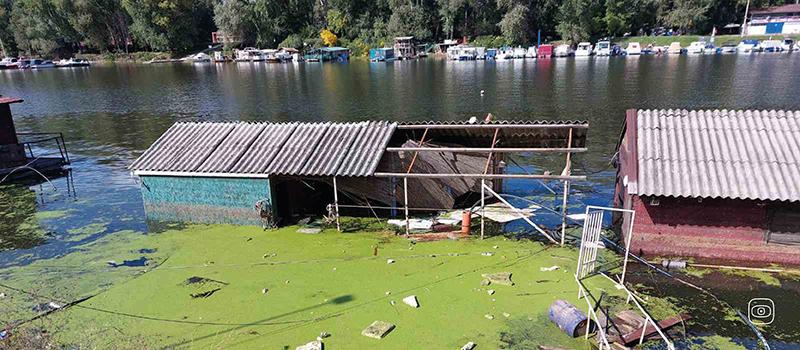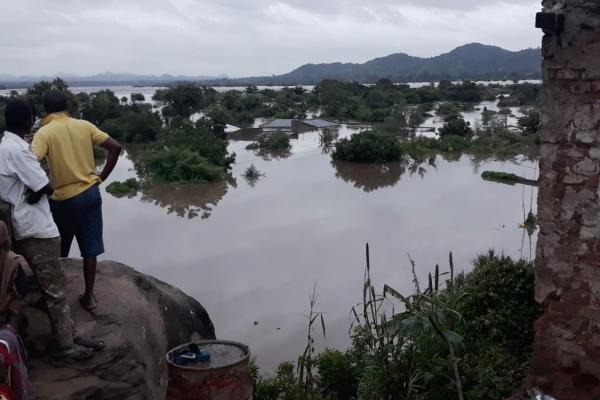Over the past decade, the Balkans has experienced serious climate change impacts. The most notable disaster was the 2014 flooding catalyzed by Cyclone Tamara, affecting over 2 million people in Bosnia and Herzegovina, Croatia, and Serbia. Three years later, the region experienced heatwaves and drought that impacted hydroelectric power production and agriculture, which also repeated in the last two years including unprecedented heatwaves and droughts in 2022. These crises are coupled with the vulnerability of a post-conflict society following the violent breakup of the former Yugoslavia. The combination of climate impacts and conflict vulnerability make the Balkans an important region for climate security analysis.
However, engaged climate security action offers positive opportunities for post-conflict peacebuilding and cooperation in the Balkans, and can build a strong framework of human security for the region. The region’s natural assets need to be safeguarded, not only to protect its environmental wealth but also to harness its great economic potential. Eco-businesses, sustainable tourism, organic food production, are not only good for the environment but generate new jobs, new markets and new business opportunities.








